
Justice, Equity, Diversity, Inclusion
SPACING
SPACING
One Year Later with Little Sister Tylina
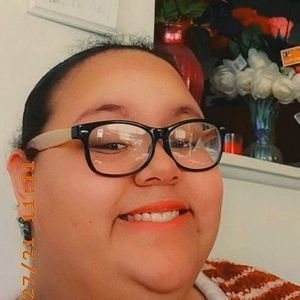
My name is Tylina, and I am a 17-year-old biracial woman living in a world full of hate, violence, and crime. But love and support as well.
It’s been a year since we lost both George Floyd and Breonna Taylor to police brutality. It’s also been a year since I shared my experience on the Black Lives Matter movement and how it has affected me. It haunts me and disgusts me to know that kids and adults are being treated so terribly. Not only because of their race but also because of their beliefs and values. I experienced police brutality as a young girl with my Black side of the family. It causes me trauma still to this day.
I never used to be a fan of hard conversations, but we need to have them.
Yes, it may hurt. But for us to solve these issues, shed light, and make people understand, we need to endure some pain. We need to have those conversations with our kids, peers, coworkers, and even family. Not only on police brutality but also on the justice system, racism, and accepting people’s values and beliefs.
As an activist for youth and the LGBTQ+ community, it saddens me that our country has turned into this. Our society must broaden its knowledge of social injustices. The Black Lives Matter movement is not saying only Black lives matter. It’s saying that we need to focus on the Black community because they are hurting and need additional support.
Youth voices during this time are the most important because we have knowledge that should be recognized.
We have seen things within the school system and also the streets. Our youth voices have been ignored because adults believe we either don’t know or they want to protect us, but you can’t protect us forever. Allow us to grow up, expand our knowledge, and have experiences. Otherwise, we won’t adapt further down the line.
- Little Sister Tylina and her Big Sister Lachelle have been matched for over 6 and a half years -
SPACING
SPACING
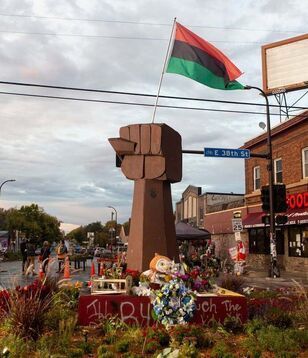
Memorial site at the intersection of East 38th St. & Chicago Ave. in Minneapolis, MN.
Excerpts from BBBSA Response to Chauvin Murder Trial:
"As a youth empowerment organization, we have a duty to care for the emotional well-being of our Littles. Dr. Weiston-Serdan has created this After Guide, which can be an important resource today, weeks, months from now, as the after-effects of the trauma may not be evident until much later. We are at the core a JEDI (Justice, Equity, Diversity, and Inclusion) youth empowerment organization, and our work will continue to ensure the most marginalized groups aren’t forgotten.
We have witnessed injustices in our history, but what matters at that moment is how we respond to them. Our young people are resilient, and we ignite their potential by not just helping them survive, but thrive, so they can be better change agents of good and empower the next generation faced with injustice.
Artis Stevens, President & CEO
Big Brothers Big Sisters of America
SPACING
The Big Talk on Race
In 2020, former Big Brother & Board Member, Tom Johnson, led a panel discussion of current Big Brothers & Big Sisters in our program about their own experiences. A time of discussion, by Bigs, for Bigs.
This is the first in a series of trainings they are offering in the coming months as we continue to give space to our participants to hear their experiences and offer expertise to help guide the young people in our program as they seek answers to the events in the world around them.
SPACING
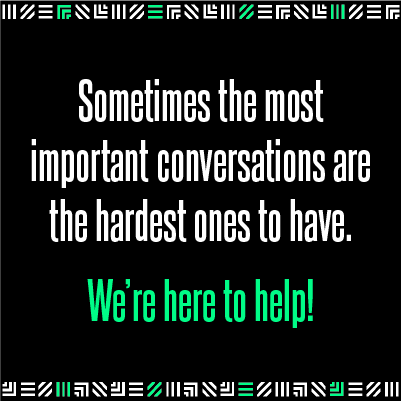
George Floyd. Ahmaud Arbery. Breonna Taylor.
What do we tell our children?
Black Pain, Black Joy, and Racist Fear:
Supporting Black Children in a Hostile World
Here's Why It Hurts When People Say, “All Lives Matter”
My White Friend Asked Me on Facebook to
Explain White Privilege. I Decided to Be Honest
As difficult as some of these conversations may be, they are essential for creating a more inclusive, safer society. Find more resources under our Youth Safety, Training, and Family Resources pages found below:
SPACING
Ted Talk
Critical Mentoring:
Because Young People Deserve the Best of Us
Dr. Torie Weiston-Serdan
SPACING
SPACING
SPACING
Microaggressions
The term microaggression is thrown around a lot lately, but what does it mean? Microaggressions are typically categorized as unintended slights towards a person of a different race, gender, orientation, etc. They can seem like small, off-hand comments, but in reality, they are offensive and have damaging consequences for the person that hears them. They are borne from a historical issue of systemic and institutionalized racism and underlie greater racial tensions. Microaggressions happen so frequently; they are a daily occurrence for people of marginalized communities.
SPACING
People in marginalized populations experience microaggressions constantly. Over time, these repeated, veiled insults wear on a person and break them down. Victims of microaggressions tend to internalize these messages and often think to themselves, "did I hear that person correctly? Am I crazy? Am I too sensitive? Maybe it's just me." This is a widespread reaction to microaggressions. However, you are not alone. It is not okay. And it is a problem.
SPACING
If you experience a microaggression, know that you are not alone, reach out to your support system to discuss your feelings, contact an ally, and be sure to practice self-care.
Microaggression Examples:
-
"When I look at you, I don't see race." or "I don't see color. I'm color-blind."
This disregards the person's identity, experiences, and historical inequities/injustices.
-
"Where are you from?", "What are you?", or "Your name isn't American."
This labels the person as "other", implying they do not belong.
-
"Can I touch your hair?" or "You look so exotic."
This objectifies the person and can make them feel powerless, taking away autonomy they have over their own body.
-
"You're great at science for a girl."
This implies that females are not successful at STEM careers."
-
"You don't act black." or "You don't look gay."
This indicates that there is some "box" that all people of color or those in the LGBTQ community must align with.
SPACING
Implicit Bias
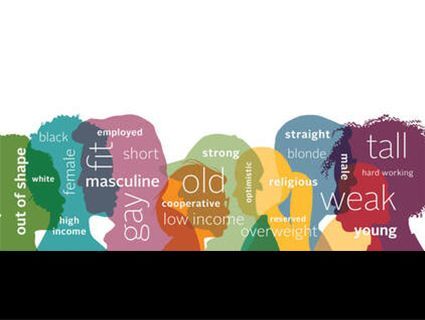
An implicit bias is the unconscious attribution of particular qualities and characteristics (both favorable and unfavorable) to a certain social group or status. Implicit biases are typically formed through experiences or learned associations. These attitudes and stereotypes affect our understanding, actions, and decisions towards these groups unconsciously.
Implicit biases are hidden from the person experiencing them, thus are activated involuntarily without the person's awareness or control. These biases cause us to have feelings and attitudes about other people based on characteristics such as race, ethnicity, age, and appearance.
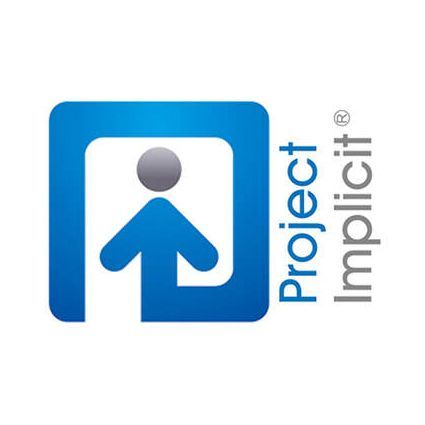
** Please note: encountering your own Implicit Biases can be challenging and upsetting to some. Please keep this in mind before navigating to the Project Implicit site.
Implicit biases are pervasive -- everyone has them -- but they do not necessarily line up with one's stated beliefs. The great news is that they can also be gradually unlearned over time.
"Your willingness to examine your own possible biases is an important step in understanding the roots of stereotypes and prejudice in our society. Categories give order to life, and every day, we group other people into categories based on social and other characteristics. This is the foundation of stereotypes, prejudice and, ultimately, discrimination." - Teaching Tolerance
Click here to Take a Test from Project Implicit to assess your own Implicit Biases. Fifteen tests are available, including Implicit Association Tests (IAT) on age, religion, sexuality, skin tone, race, gender science, and disability.


